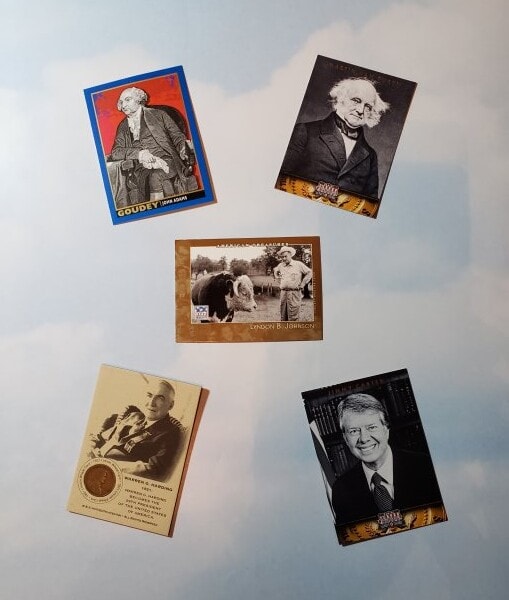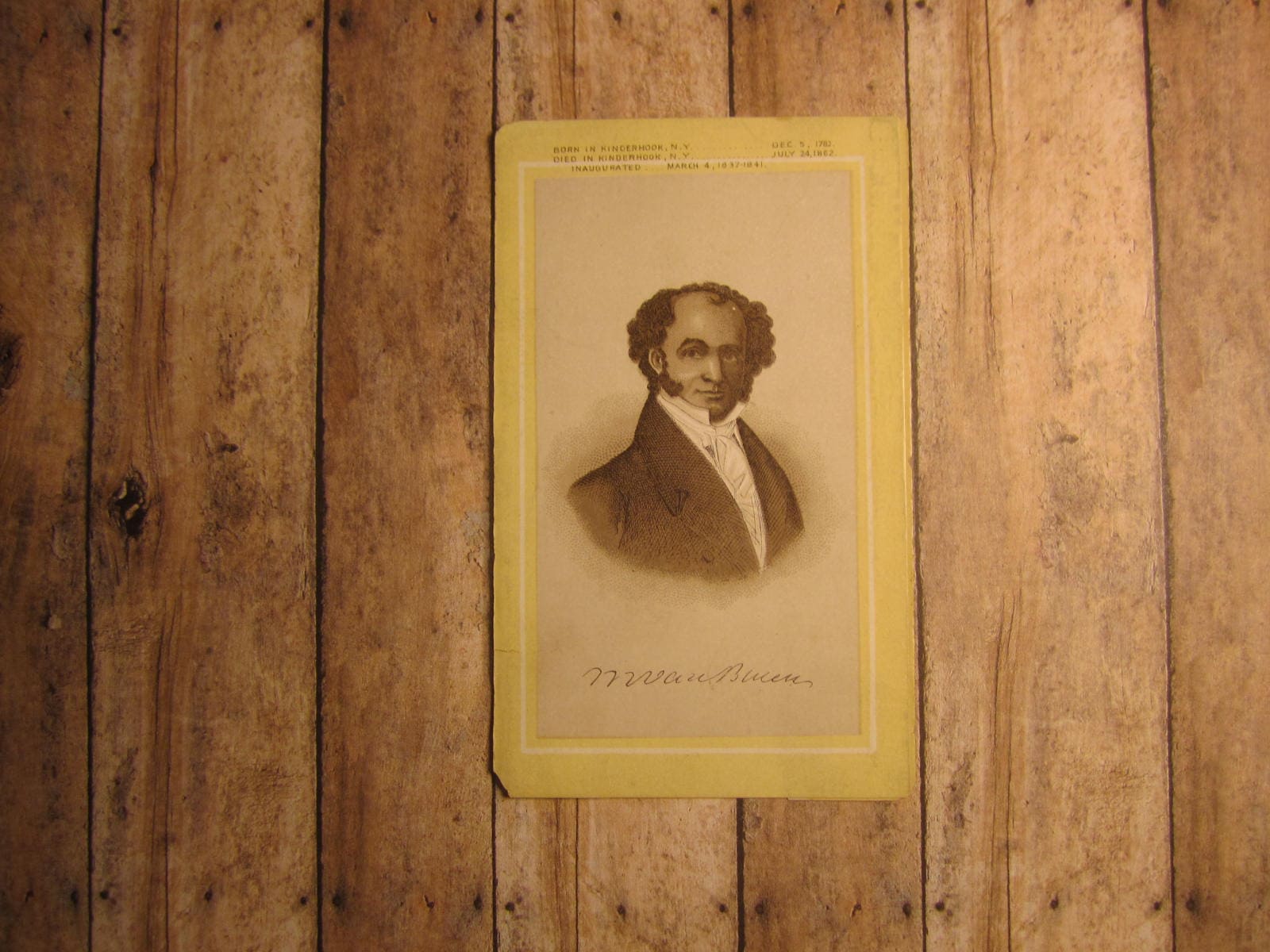Behind the Curtain
I have worked with puppet groups for a very long time. I started a little after I graduated from high school. The strange part about it, before I was involved with puppets, I use to fuss at my parents because they made me pick up my younger brother at church after his puppet practices.
Although I’m a pretty good puppeteer, I really like directing puppet groups much better. All the groups I have been involved with were made up of young (high school and younger) people. I really like being able to motivate young people. There aren’t too many feelings that can compare with leading a young person to discover a talent they never knew they had. As a director, I had the unique advantage of being able to see these young talents grow.
I really developed a real love for kids, not just the group that was performing, but also all the kids in the audience. The kids in the audience usually loved the shows. They would sometimes sing along, clap, or laugh really loud. These sounds are like music to the ears of a puppeteer. Almost without exception, the puppeteer will “step up their game” when the audience is excited about the performance.
To the surprise of many, puppetry is more than sticking your hand in a sock and pretending words are magically coming from its direction. A really good puppeteer will convince the audience that this inanimate object has a real personality all its own. When a puppeteer learns this technique, especially a younger one, they are surprised they have the ability to transfer that magic to their hands.
One of the best parts of puppetry is that you stay anonymously behind a curtain to perform. Almost any puppet class advises against performers standing and being recognized at the end of a show. To stand would ruin the illusion you are trying to create. Because of this mystery, the audience has no real opinion of the puppeteer personally.
A puppeteer can be sad, yet, through his puppet, he can be happy and generate happiness in those watching. A puppeteer might not be liked by his peers, but the audience could love his character. He may lack confidence in his daily life, but performing as a confident puppet almost gives him permission to apply those standards to his own life. So the curtain has blinded the audience to any prejudices they may have toward the performer or his personality and is instead, forced to concentrate on puppeteer’s talents.
Hannah Hoes was his childhood sweetheart. They were both raised in Dutch households and both spoke Dutch. It was her primary language, though. She would always speak with a heavy Dutch accent. They would eventually marry.
They would have five sons and one daughter together. Their oldest son was named Abraham. Abraham would go to West Point and would take up a military career. John was next and he would go to Yale and one day he would become the Attorney General of New York. Martin was the third son. Martin would become his father’s secretary and would edit his father’s papers. Next was Winfield. Winfield would die in the year he was born. The last son was named Smith Thompson. Smith was an editor and a special assistant to his father when his father became President. With all those boys it is only fitting they should have at least one a girl. The sad thing is that she was stillborn. It is not known where she fit in the birth order.
Hannah would die when this future President was only 35 years old. He would never remarry. At about 43 years, five months, he is the President who was a widower the second longest. Thomas Jefferson was a widower for about 43 years and ten months.
I was looking online to find out how bricks are made. I found a very good video on YouTube. Basically, bulldozers dig up shale and they dump it into machines that crush it until it is almost a powder. Water is then mixed in and it is slushed around. This mixture sits around for a while and then it is mixed up again. Eventually it is poured into molds and it sits some more. Then when the time is right it is put into a kiln.
Then I wondered if bricks could be made without a kiln. I came across a wonderful recipe for making your own bricks. You mix topsoil and water and create a thick mud. Next you add straw. You add about a half pound of straw for every cubic foot of mud mixture. You then knead the mud mixture with your bare feet for four days. Then you leave it alone for a few days. After a few days you knead the mixture again and you form “mudbricks.” Then you can get creative. You get to pour the mixture into a mold of your choosing. Let them sit for at least twenty minutes to let them solidify. Then remove them from the molds and put them on a drying floor layered with sand and straw to prevent the bricks from sticking to the floor itself. Let the bricks dry for a week. Now you have developed a new career: a brick maker.
Her name was Margaret O’Neil. When she was seventeen years old she married a thirty-nine year old man named John Timberlake. Her parents owned the Franklin House, which was a popular hotel in Washington DC. As a wedding gift her parents gave them a house across the street from the hotel. They would have three children together.
The Timberlakes befriended the newly elected Senator from Tennessee, John Henry Eaton. This is where all the trouble began.
Margaret would marry John Henry Eaton, shortly after John Timberlake died at sea. Rumors swirled that Timberlake committed suicide at sea because he found out about an alleged affair between his wife and Eaton. Her getting married shortly after his death did nothing to calm those rumors.
Bricks, bricks, and more bricks. Everywhere you looked there were bricks. Piles and piles of bricks. Those Egyptians must have really loved their bricks. I guess they used them everywhere. Their houses must have been made of bricks. Their temples must have been made of bricks. Their walled cities must have been surrounded by bricks.
Why would I think the Egyptians loved bricks so much? Their slaves, the Israelites, were tasked to make bricks. There were a lot of Israelites, so it only makes a lot of sense that there must have been a lot of bricks.
The Egyptians were not easy masters either. They worked these poor Israelites to death. I guess if you really love bricks, you just can’t wait for them. Now there were no kilns or machines to make bricks like we have today. You guessed it, our Israelites had to make them much like the recipe described above. I bet there were many Israelite housewives that would yell at their husbands, “You clean off those muddy feet before you step into this house. This isn’t a brick factory! This is our home!”
“I’ve got a job for you,” came the voice from heaven. “What? Are you talking to me?” came the reply. “Yes, I’m talking to you. I want you to go and tell Pharaoh that my Israelites need three days off so they can come into my presence to worship me,” God continued. “You have got to be joking,” Moses would rely. At this point, God probably even used Moses’ middle name, like your parents use to do. Remember? You knew they were very serious and this conversation was no longer open for discussion.
Moses would confront the Pharaoh. The Pharaoh would basically blow Moses off with: “Who are you to tell me what to do?” Or he might have said, “We love bricks so much we could not possibly go three days without bricks being made.” Pharaoh starting thinking, “Well, if they have enough leisure time to be able to take three days off, they must need more work to do. Hey, instead of supplying them the straw they need for the bricks, make them harvest it themselves.”
The hard-headed Pharaoh would need more convincing from God that loving bricks so much was not such a good idea. Using Moses, God would not only get them their three days off, He would free them from Egypt forever. It took ten plagues (water to blood, frogs, gnats/lice, flies, livestock disease, boils, thunder/hail, locusts, darkness, and the death of their firstborn) before the Pharaoh relented, but God did set His people free. I wonder how the Egyptians produced all those bricks after that? Maybe that is when stick built houses became popular.
In 1829, President Andrew Jackson appointed Senator Eaton to the post of Secretary of War. It was shortly after Eaton married Margaret Timberlake. All the cabinet members’ wives were very upset about this appointment. They would not invite her to any of their functions.
Jackson was very upset about this snubbing. He had just been through a very bruising campaign in which he and his wife were accused of “living in sin,” because they were allegedly married before his wife could actually divorce her abusive husband. Many claimed that this stress killed his wife because she died shortly before he was sworn in as President.
Jackson ordered his Vice President, John C. Calhoun, and all his cabinet members to “make” their wives accept Margaret and to invite her to their functions. That request did not go over so well. About the only one who was friendly to her was our widower from above. He didn’t have a wife, so, I guess, he didn’t have anything to lose by associating with Margaret.
The whole situation is referred to in history as the Petticoat Affair. Jackson would reorganize his cabinet because of their attitude. In the next election he would not ask Calhoun to continue as Vice President. Jackson would turn to his Secretary of State, our widower, who was nice to Margaret Eaton, to be his new Vice President. His new Vice President’s name was Martin Van Buren.
We all make mistakes. We all sin. Sometimes we hide behind a curtain, like a puppeteer. We hope and hope that no one notices us while we pretend to be “alright.” Sometimes we feel like those brick making Israelites. We toil in the mud and lift our heavy burdens, day after day after day. There seems to be no other hope for our guilt. Maybe we should be like our widower, Martin Van Buren, who lost his wife and was left with four young boys to raise by himself. His burden didn’t hold him down nor did it hold him up from making the most of his life.
Prayer: Dear Mighty Father, There are times when I just want to hide behind that puppet curtain so people won’t know what troubles I have or have caused. That burden or guilt is sometimes like those heavy bricks being made. I carry them over and over again, yet the pile never seems to get smaller and there always seems to be more bricks. In the future, please help me remember those times so I can help, not shun, others who struggle with those same feelings. Amen.




Very interesting story and good advice.